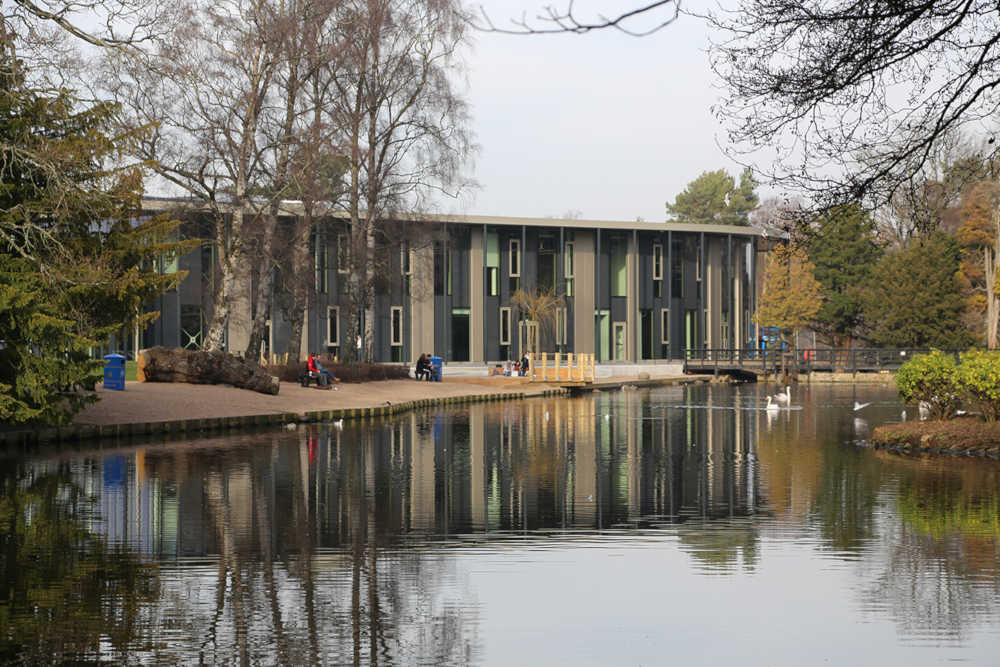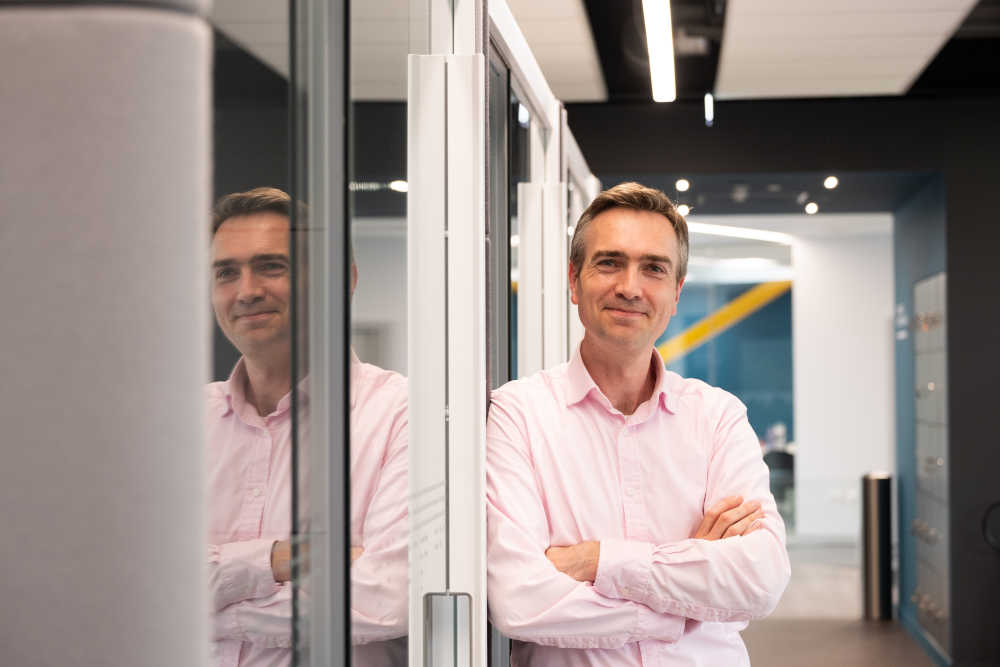EDINBURGH’s Heriott-Watt University has confirmed a new partnership deal as it attempt to build the multinational Scottish scale-ups of the future.
The institution’s Global Research Innovation and Discovery (GRID) facility will combine its entrepreneurial talent pool with product development agency Filament PD’s commercial and industry experience to help increase business capable of competing on the global stage.
It is expected to improve route- to market for new technologies, drive investment and “boost Scotland’s reputation for cutting edge design internationally”.
Filament PD has already supported some of Scotland’s most innovative start-ups and small and medium sized enterprises. It has brought over 100 products to market in the last five years by harnessing innovation and transforming research into successful products.

Examples include digitally tagged coffee cups to tackle the disposable cup crisis and a technology traditionally used in lighthouse lenses to allow food to be cooked without a power source.
The partnership will also run programmes designed to upskill students, boosting job opportunities and sparking entrepreneurship.
Paul Devlin, Head of Commercialisation at Heriot-Watt University, said: “Scotland has a proud history of invention, coupled with a prosperous start-up culture.
“Our partnership with Filament PD will connect people, ideas and skills in order to develop commercial products that not only compete but lead the market. This underpins the value we place on our students working on real-world problems, collaborating across disciplines to deliver practical solutions with global impact, as well as our academics and existing industry partnerships.“

Gregor Aikman, co-founder and managing director of Filament PD, said: “By collaborating in this way, we can ensure we have the collective skills and knowledge to develop, and most importantly retain, intellectual property in Scotland – ultimately driving domestic employment, revenue and exports. In the current climate, this is even more important as restrictions tighten once again.”

